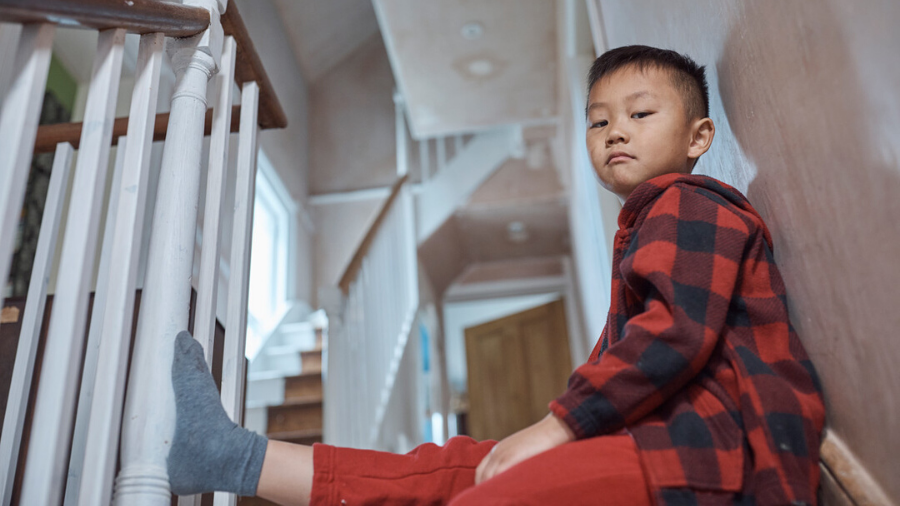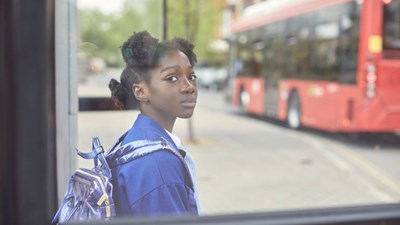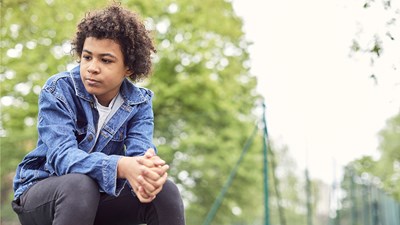Our NSPCC helpline has received on average 26 contacts a day from people concerned a child is being or has been sexually exploited and/or abused. This reached a record high of 4,735 reports, a 36% increase in the first six months of 2021/22 when compared to the same six months of the previous year.1

Calls to our helpline about child sexual exploitation and/or abuse included worries that a child was being groomed, sometimes by adults in positions of authority, suffering intra-familial sexual abuse or experiencing sexual harassment and abuse at the hands of other young people. Some calls also came from adults who suffered non-recent sexual abuse, often having been manipulated and coerced by people they trusted.
Where the time period of the concern was known (3,560 contacts):
- 40% of the child sexual exploitation and/or abuse was reported to have happened in the last six months
- 60% of the cases were reported to date further back.
More than 1,500 of these calls resulted in referrals to external agencies, such as the police or local authorities to take further action.
Some people who reported incidents of child sexual abuse were motivated by media coverage about testimonies posted on Everyone’s Invited and violence against women and girls.




